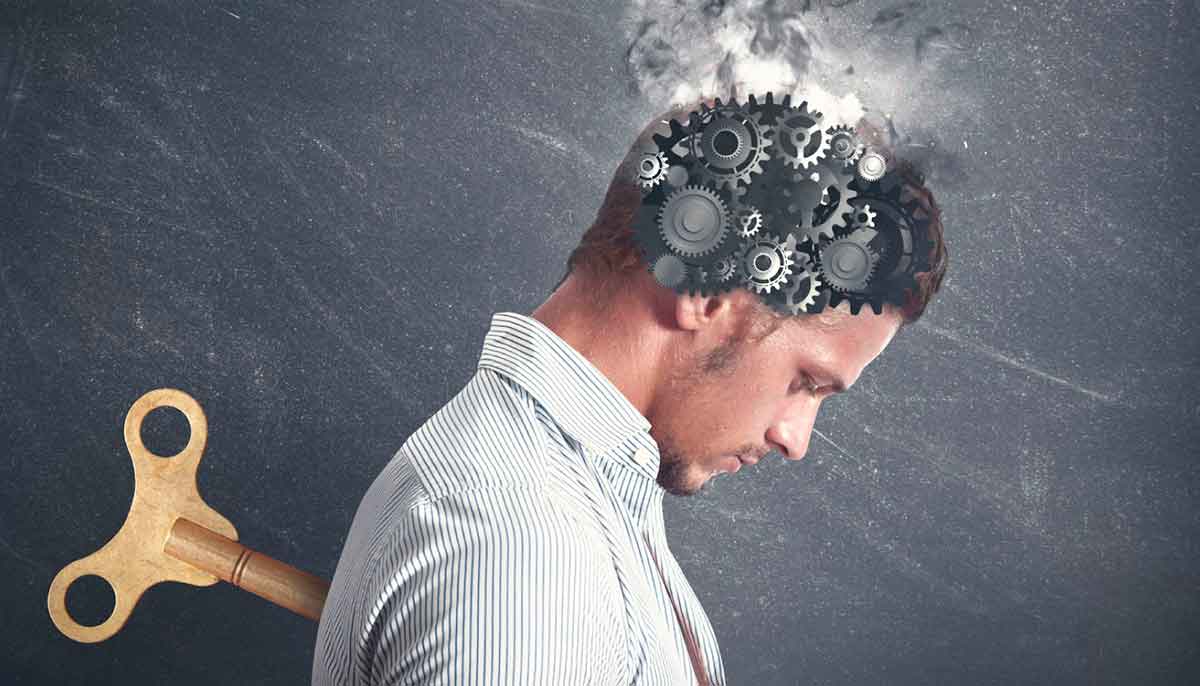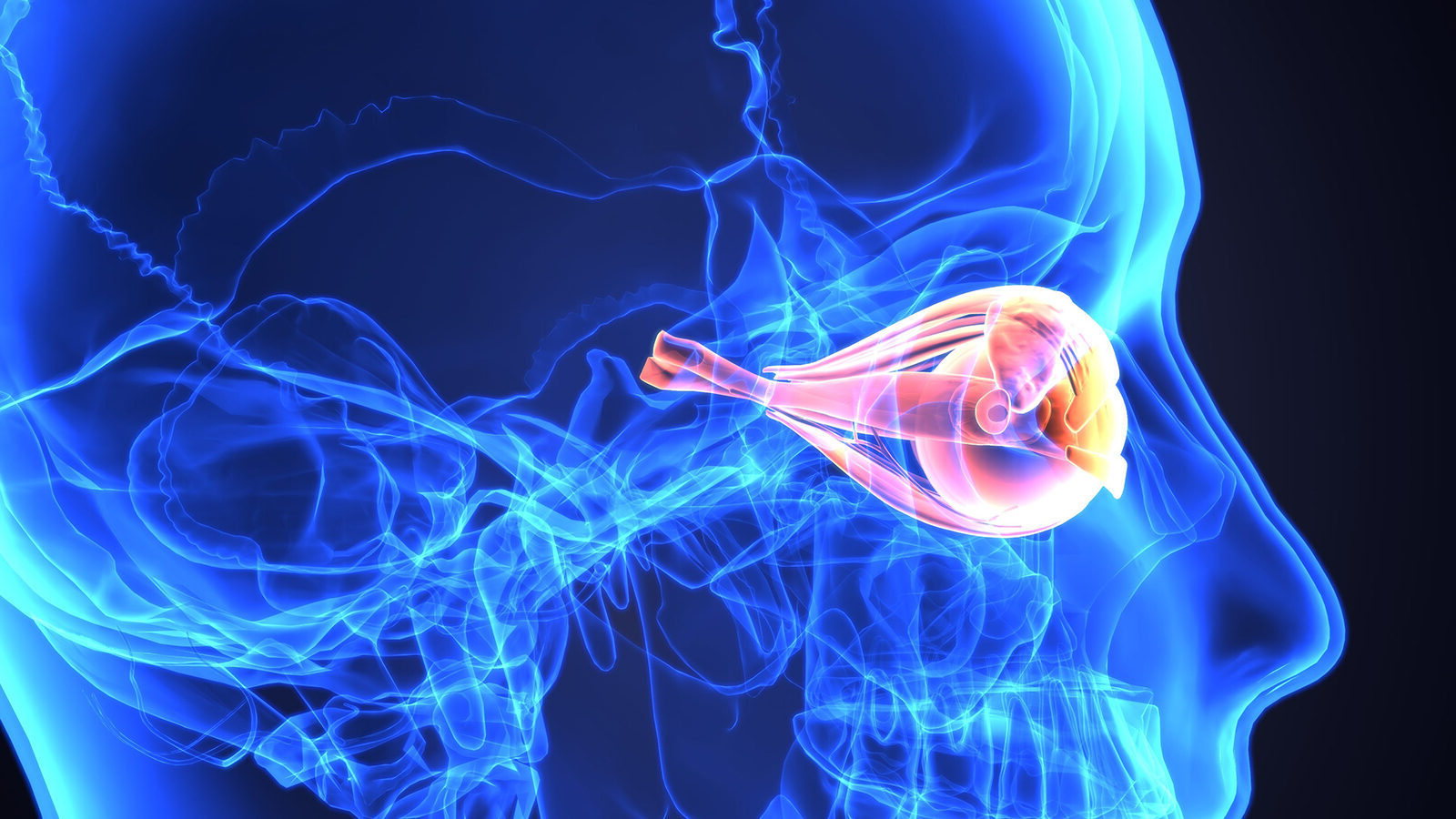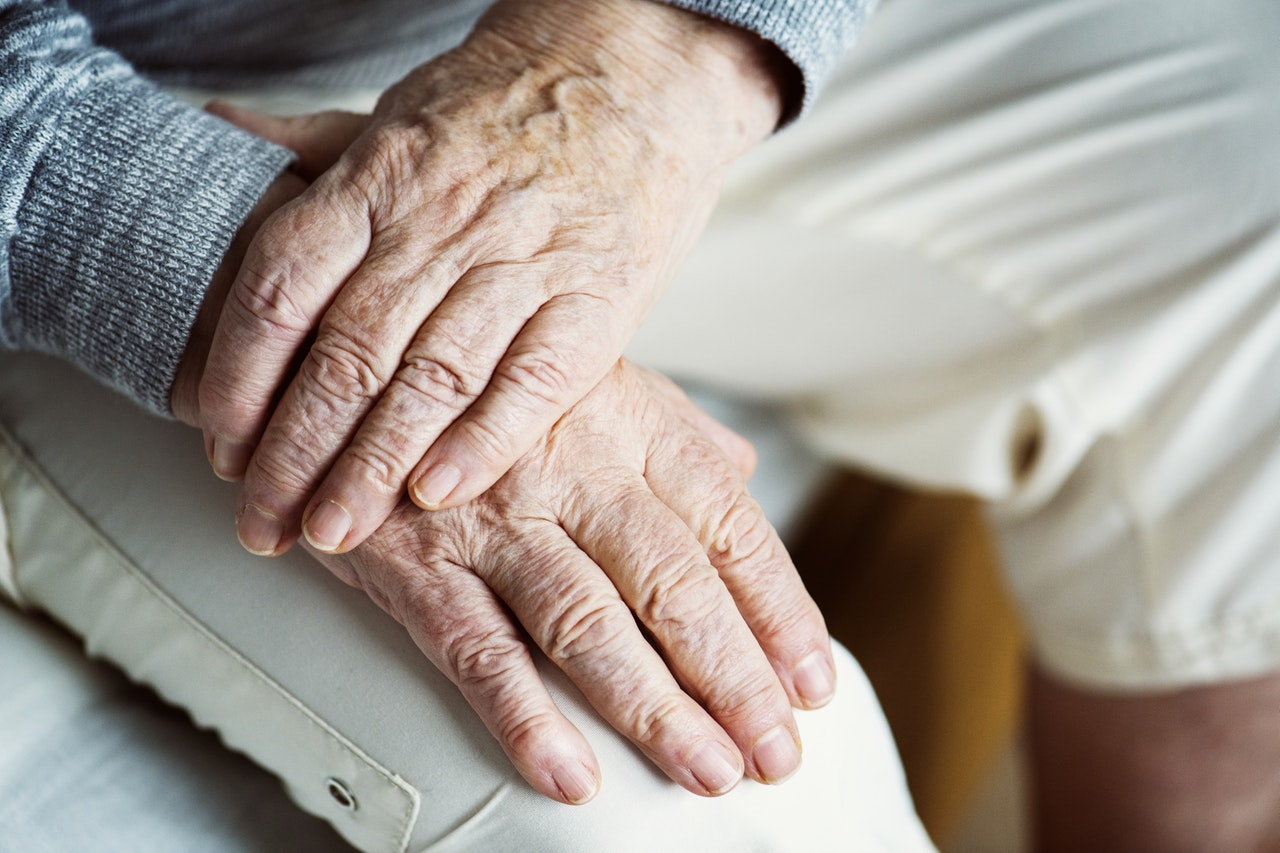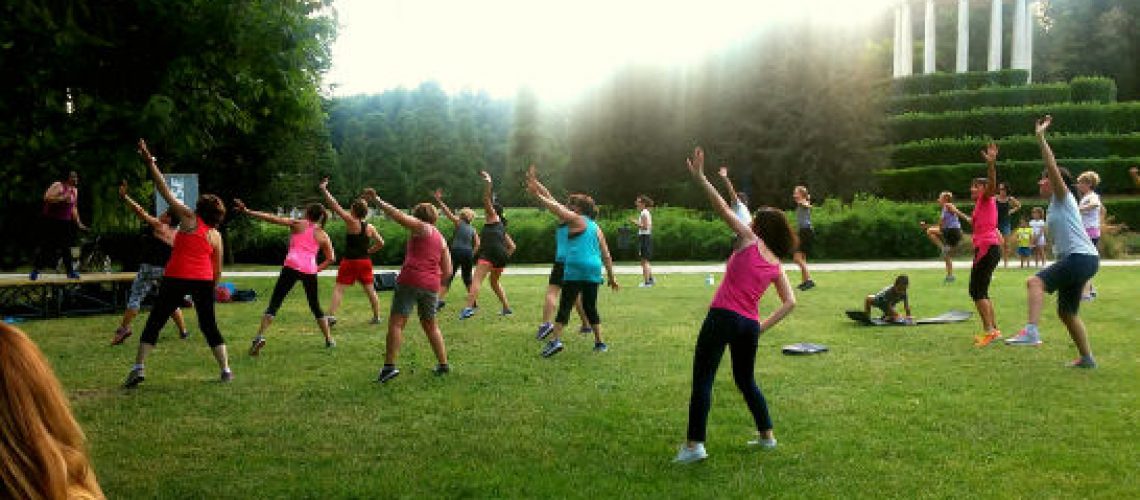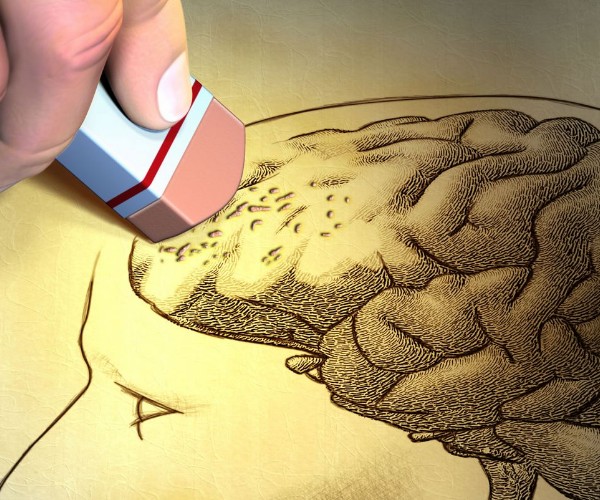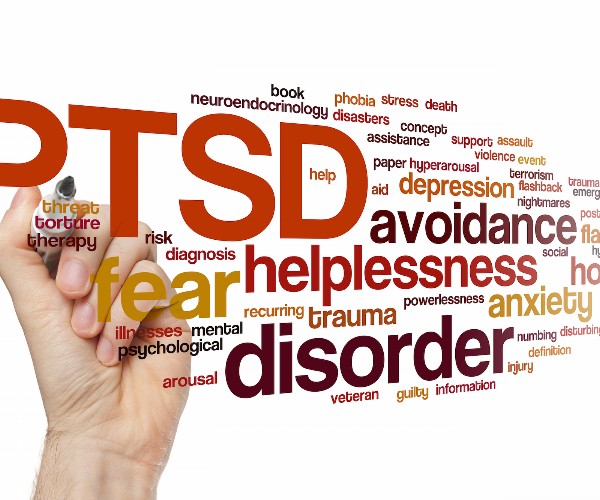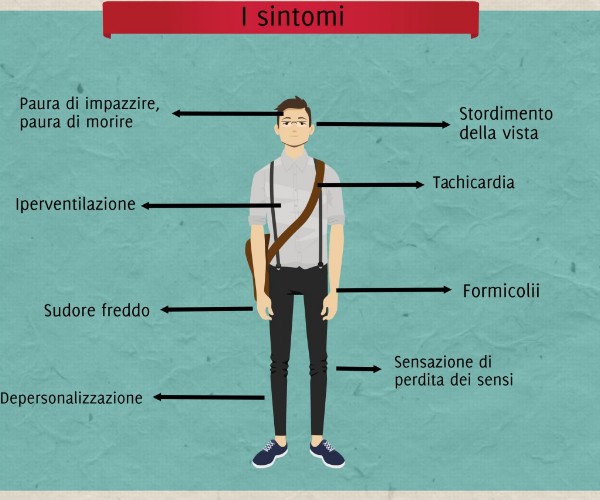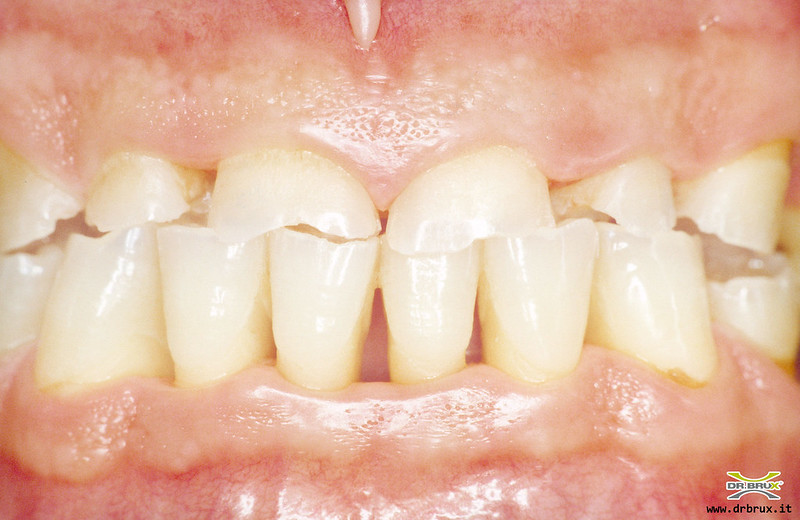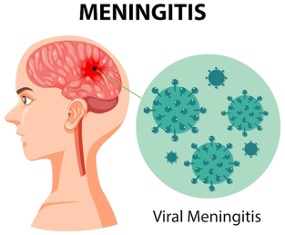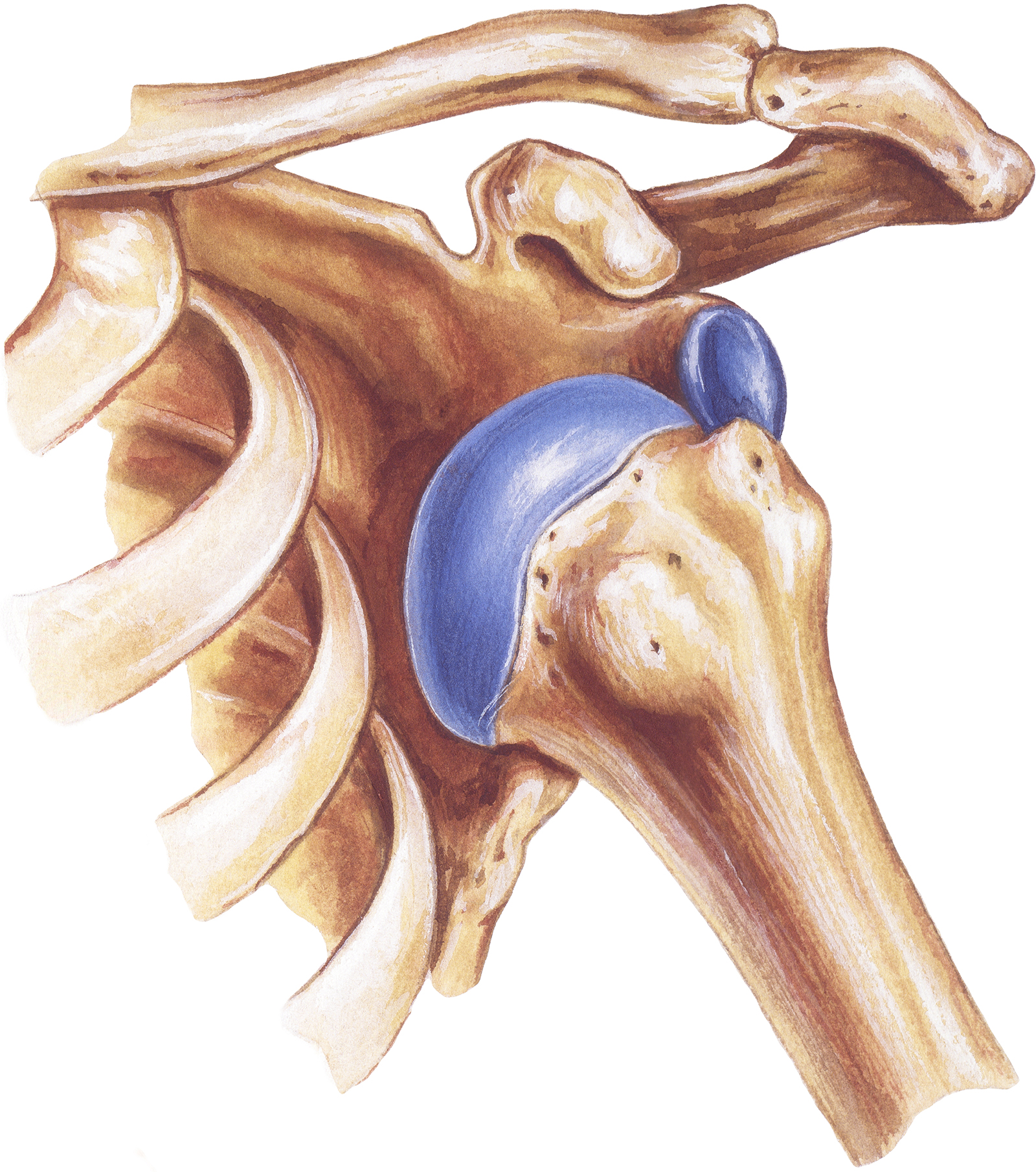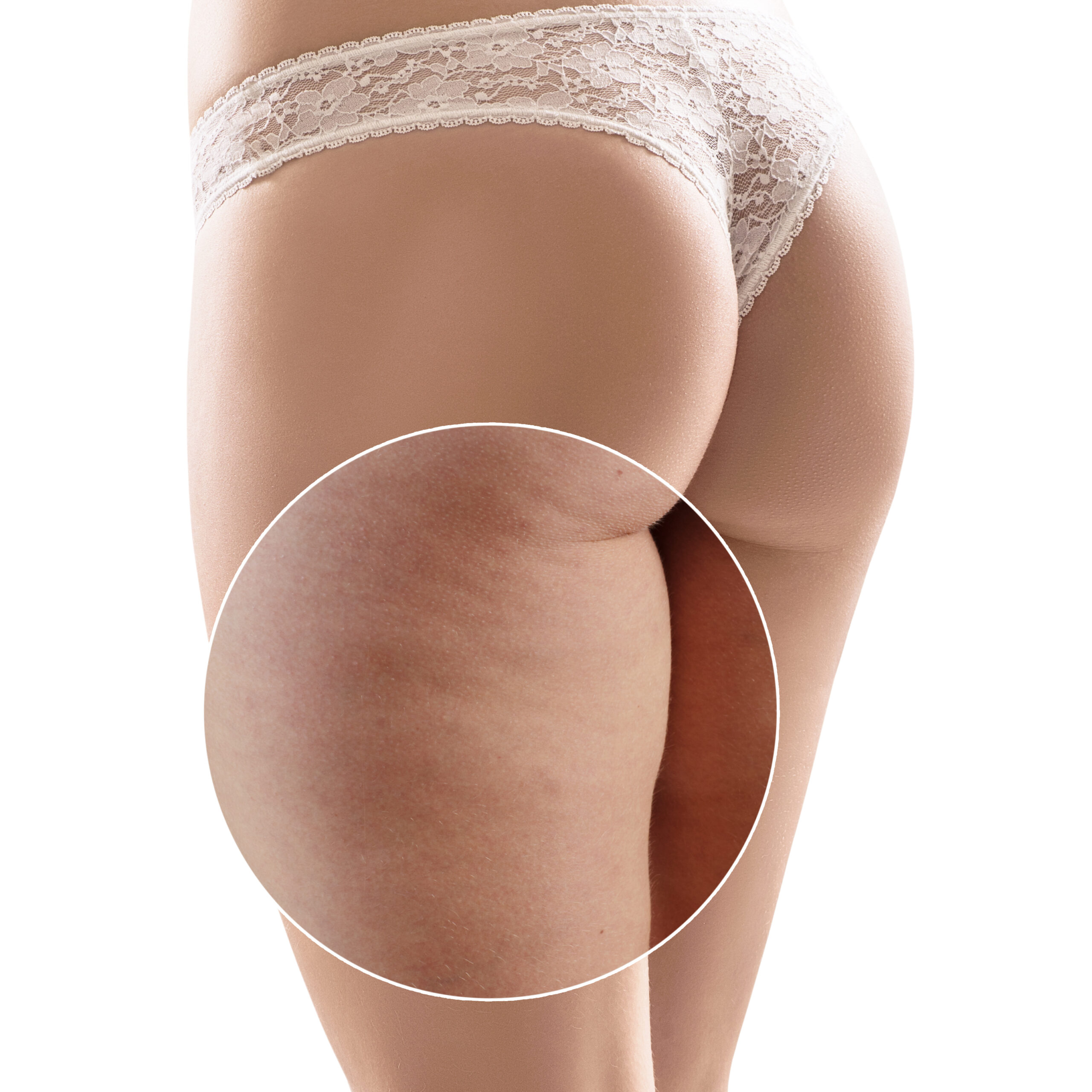Sports activities can lead to long-term improvement in cognitive performance in all age groups. However, the effects differ between men and women, and not all sports sports result in the same impact. The researchers provided recommendations based on a comprehensive analysis of previous studies.A healthy body houses a healthy mind: sports activity can improve cognitive performance. However, there are many different types of sports and a wide range of exercises and workouts. What kind of exercise and how often will it keep the mind in top shape? This is the question that was explored by researchers at the University of Basel and their colleagues at the University of Tsukuba in Japan through a large-scale analysis of the scientific literature. They used this analysis to derive recommendations that they recently published in the journal Nature Human Behaviour.
Coordinated sports are particularly effective the research team with the participation of Dr. Sebastian Ludyga and Professor Uwe Pühse evaluated 80 individual studies to identify some key characteristics. Resistance training, strength training, or a mix of these components appear to improve cognitive performance. However, coordinated and challenging sports that require complex movement patterns and interaction with other practitioners are significantly more effective. “Coordinating during a sport seems to be even more important than the total volume of sport activity,” Ludyga explains.
A higher total extent of activity does not necessarily lead to a correspondingly higher level of effectiveness for mental fitness. Longer duration per training unit promises greater improvement in cognitive performance only over a longer period of time. All age groups benefit.Just like our physical condition, cognitive performance changes over a lifetime. There is great potential for improvement during childhood (cognitive development stage) and during old age (cognitive degradation stage). However, the research group of the Department of Sport, Exercise and Health (DSBG) at the University of Basel could not find an indicator of the different levels of effectiveness of sports activities within different age groups.
In addition, sports activities from elementary school age to later school age need not be substantially different to improve cognitive performance. Different age groups can therefore be combined for a common goal during sports. “This has already been selectively implemented with joint exercise programs for children and their grandparents.”, says Pühse. Such programs could then be further expanded.
Intense sports sessions can be conducted for teens and adults.The same volume of sports activity has a different effect on physical fitness for men and women, as we already know. However, the research team has now been able to verify this for mental fitness. As a result, men benefit more from sporting activity.The differences between the sexes are particularly evident in the intensity of movement, but not in the type of sport. Hard training seems to be especially useful for boys and adult men. Coupled with a gradual increase in intensity, this leads to significantly greater improvement in cognitive performance over a longer period of time.In contrast, the positive effect on women and girls disappears if the intensity is increased too quickly. The research results suggest that they should choose low to medium intensity sports activities if they want to increase their cognitive ability.








